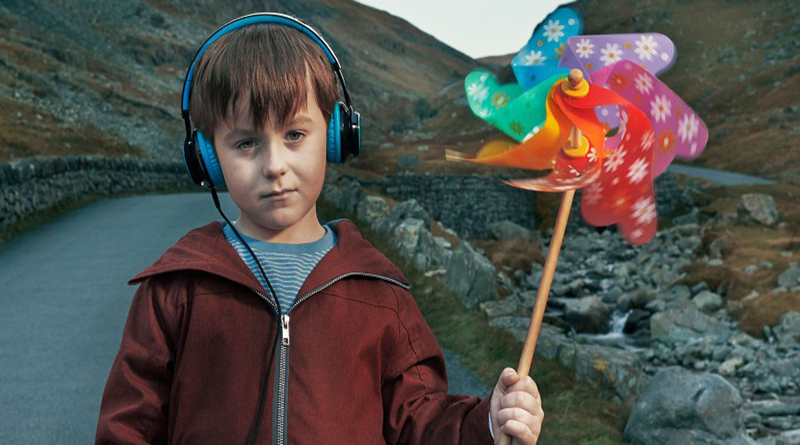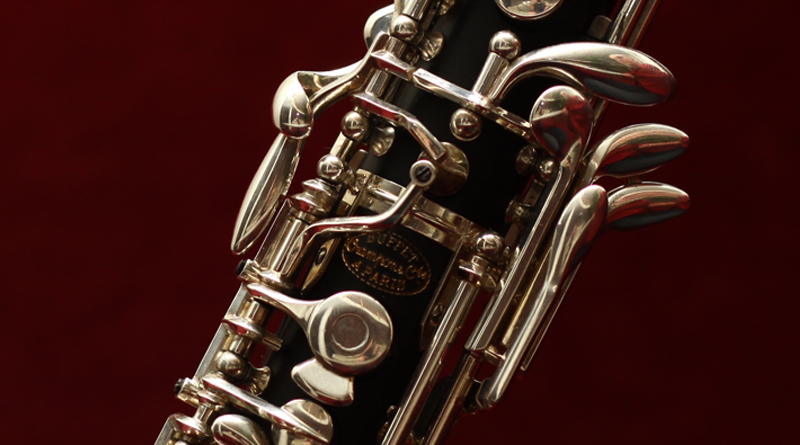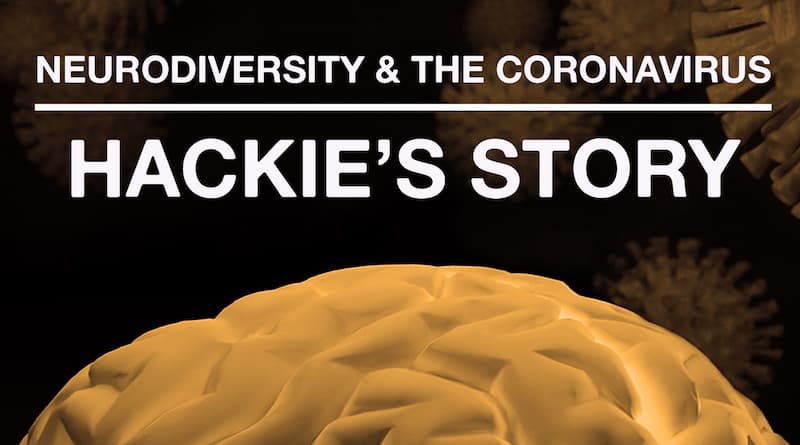
Asperger’s Syndrome: The Myths and Facts
By Eric Endlich, Ph.D.
Understanding Asperger’s Syndrome
(Note: as detailed below, the Diagnostic and Statistical Manual of Mental Disorders now uses the term Autism Spectrum Disorder, but many people still use Asperger’s Syndrome or similar terms. Like many autistic people, I prefer identity-first language such as “Aspie” or “autistic person” to “person with AS.”)
Asperger Syndrome (AS) seems to be showing up more and more often in TV and film characters. Is AS accurately portrayed? Let’s clear up some common misconceptions.
Myths About Asperger’s Syndrome
- Aspies don’t make eye contact. Many of us make excellent eye contact, at least some of the time–often because we have learned this is an expected behavior. Others find eye contact uncomfortable, unhelpful, or distracting, as we have difficulty “reading” the nonverbal messages people communicate with their eyes.
- Aspies don’t have a sense of humor. Actually, AS allows people to see life from a different angle, which can be conducive to humor. Actor Dan Akroyd, of Saturday Night Live and numerous popular movies, has publicly disclosed his AS.
- Aspies are loners who can’t make friends or get married. Many “Aspies” crave relationships. There are support groups for partners of autistic adults and for neurodiverse couples (in which at least one partner has AS or a similar issue). In our research on autistic adults, 43% of respondents were currently married. Some psychotherapists specialize in working with neurodiverse couples.
- Everyone has “a touch of” AS. This statement trivializes a true brain difference. Aspies have an extensive pattern of traits that distinguish us from “neurotypicals,” even though we may sometimes have a good deal in common as well.
- Aspies are “savants” or geniuses. An estimated 10-25% of autistic people have exceptional talents or abilities. Aspies range from average IQ to highly intelligent.
- Aspies have no empathy. We may not always know the expected response in some social situations – and thus fail to make an empathic statement – but that does not mean we are unable to empathize. In fact, new research supports the existence of empathy in autistic people.
- AS is a male condition. Males are diagnosed about four times as often as females, but it is likely than many females go undiagnosed because of how they present (e.g., sometimes having relatively good verbal, social, or nurturing abilities). There are many informative books on this subject, such as Aspergirls, Asperger’s and Girls, and Women and Girls with Autism Spectrum Disorder.
- AS is diagnosed in childhood. Many adults have been diagnosed with AS in their 50s or 60s – or not diagnosed at all. In our research on older autistic adults, virtually all were diagnosed after age 40. It’s likely that there are many older adults who don’t know they’re Aspies.
- AS is a mental disorder or disability. AS is a brain difference that may or may not be accompanied by other difficulties. Some Aspies struggle to hold down a steady job and suffer from anxiety, depression, or other conditions. Many others have successful careers.
- Aspies are math or computer geeks with no creativity. We can be found in a wide variety of fields. For example, there are many autistic adults with artistic talent, and the Asperger/Autism Network has an Artist Collaborative.
- AS makes people violent. Being bullied or rejected may have led to violent behavior in a small number of individuals, but as a group, Aspies tend to be gentle and law-abiding.
- Aspies are cold and distant, not affectionate. Some are sensitive to touch or pressure, but many of us enjoy affection.
- “All males are like that – it’s not Asperger’s.” This is a common response to hearing about an AS characteristic such as difficulty reading social cues. Another common response is, “I have that symptom too (e.g., social anxiety), so you can’t have Asperger’s.” AS is a syndrome – a collection of qualities – not a single symptom.
- AS is an obsolete diagnosis. It’s true that the DSM-V no longer lists Asperger’s, but the DSM is only one source of information, and is regularly revised. The DSM is based on a medical model, but many people see AS as a difference, not a disease. AS remains a useful concept.
Facts About Asperger’s Syndrome
- AS is a lifelong difference – like having blue eyes or being left-handed. There is no “cure,” and many of us have no desire to be cured.
- The autistic mind tends to focus in a narrow, intense way. As a result, many of us have deep interests (or “special interests”) about which we are knowledgeable and passionate. Autism and college happen to be two of mine.
- Aspies are often attuned to small details but may have difficulty with executive functioning – organizing and completing tasks – and seeing “the big picture.”
- AS and similar traits seem to run in families.
- “Black and white thinking” is common among Aspies. However, we may be able to appreciate “shades of gray” in some situations, especially with the assistance of others.
- Anxiety about change can lead many Aspies to have rigid routines.
- AS makes it hard to read social cues. This can lead to social awkwardness and isolation.
- Communicating nonverbally (e.g., with facial expressions, gestures, and tone of voice) can be difficult. On the other hand, some Aspies are quite talented actors.
- Many Aspies have sensory sensitivities (or reduced sensitivity) and are hyper-aware of sounds, smells, tastes, or other sensations. These sensitivities can lead to avoidance of certain situations (e.g., bright lights, crowds, spicy foods).
I hope this article has given you an appreciation for the rich variety in the AS community. Thank you for your interest.

Founder of Top College Consultants, Dr. Eric Endlich is a clinical psychologist and educational consultant dedicated to helping students with challenges – especially those on the autism spectrum – access higher education. He is a regular presenter at Asperger/Autism Network conferences, as well as serving on their clinical advisory board and being a founding member of their Neurodiverse Couples Institute. He has also presented to the Harvard Medical School Continuing Education autism course, the Southern Maine Autism Conference, the Association on Higher Education and Disability, the Learning Disabilities Association of New Jersey, and the Massachusetts Psychological Association. He is a coauthor (with Wilma Wake and Rob Lagos) of a forthcoming book to be published by AAPC entitled Older Autistic Adults: The Lost Generation. Dr. Endlich is also an autism dad and an autistic adult.




